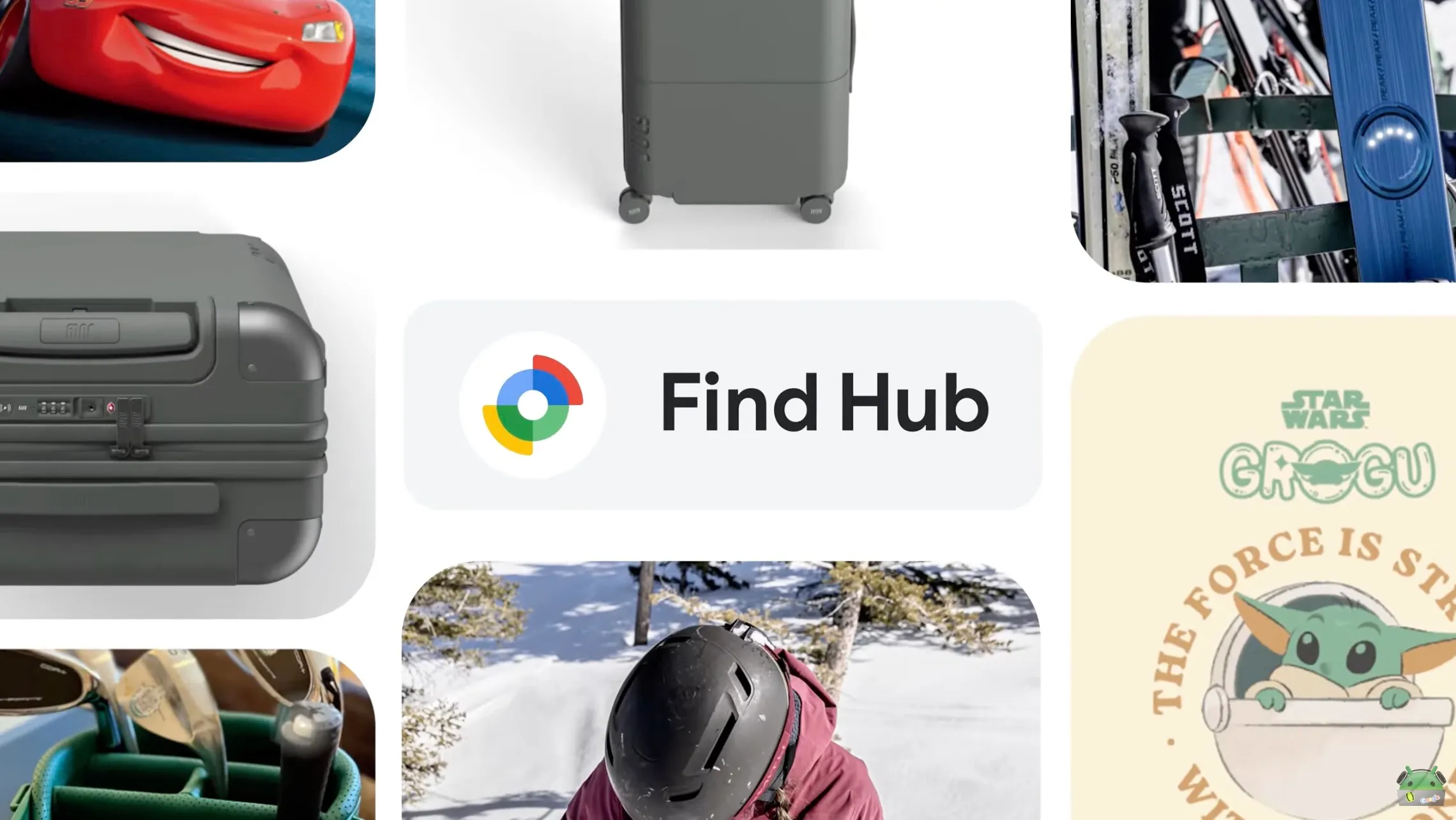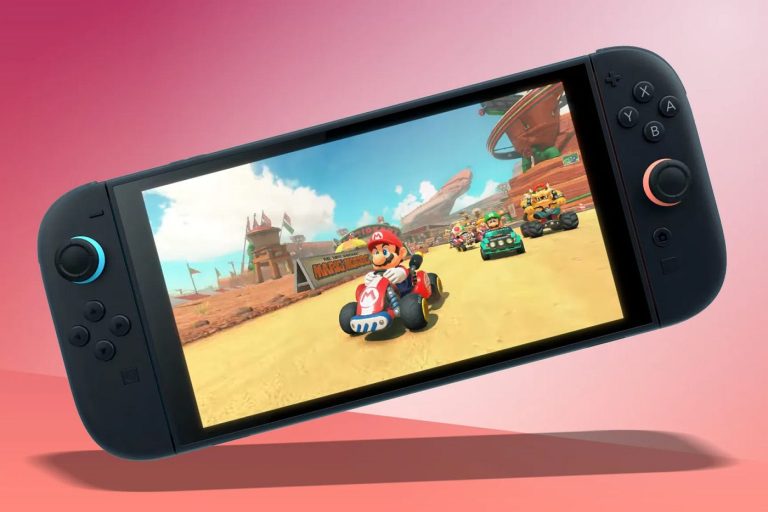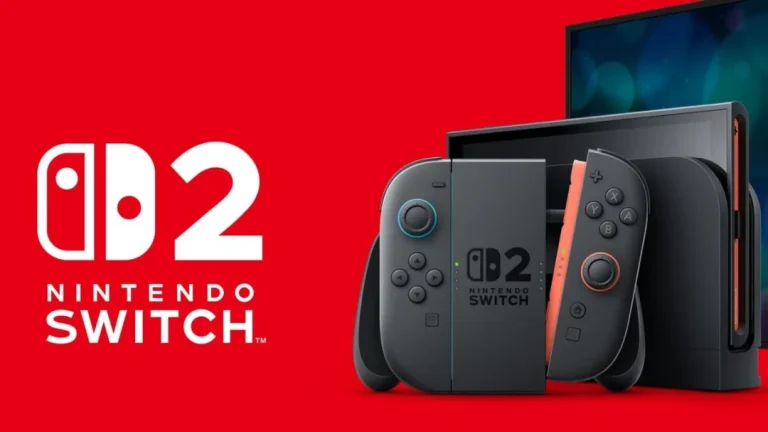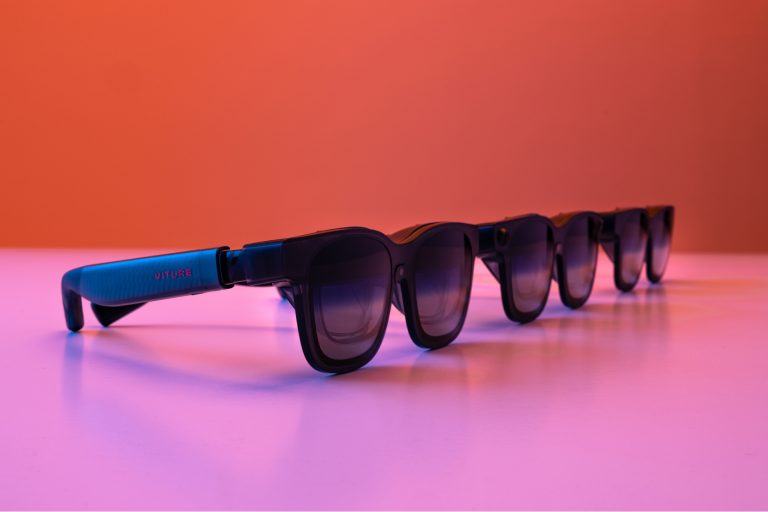
Google has announced a major update to its device-finding service, rebranding “Find My Device” as “Find Hub” during the Android Show, just ahead of Google I/O 2025. This revamped platform will offer Android users more versatile ways to locate not only their phones and gadgets but also personal belongings and even friends and family through real-time location sharing.
Key new features of Find Hub include:
- Ultra-wideband (UWB) support: Starting later this month, Android users will be able to use UWB technology for precise tracking of Motorola’s Moto tags and other compatible devices.
- Satellite-based tracking: Scheduled to roll out later in 2025, this feature will allow users to locate devices and people even without cellular connectivity, enhancing tracking capabilities in remote areas.
- Expanded partner integrations: Google is partnering with brands like July and Mokobara for smart luggage tracking, Peak for ski equipment, and Pixbee for family-oriented Bluetooth tags. This broadens the ecosystem of compatible devices that can be tracked via Find Hub.
- Airline collaborations: To assist travelers, Google has teamed up with airlines including Aer Lingus, British Airways, Cathay Pacific, Iberia, and Singapore Airlines. These partnerships enable users to share Bluetooth tag locations with airlines, facilitating faster luggage recovery during travel.
Find Hub also introduces a user-friendly interface divided into two main sections: one for tracking devices and accessories, and another for sharing and locating friends and family. Users can control location sharing duration, either temporarily or indefinitely, enhancing privacy and convenience.
Beyond these updates, Google’s broader Android ecosystem is also evolving with the upcoming Android 16 and Wear OS 6 releases, featuring a fresh “Material 3 Expressive” design language focused on usability and visual appeal. Additionally, Google is expanding AI capabilities with Gemini integration across devices, including smart TVs and XR platforms.
In summary, Find Hub represents Google’s effort to unify and enhance location tracking across devices, people, and personal items, leveraging new technologies like UWB and satellite connectivity, while fostering partnerships to improve user experience, especially for travelers. This positions Android competitively alongside Apple’s Find My service, with added versatility and expanded device compatibility.
Other articles you may find interesting





